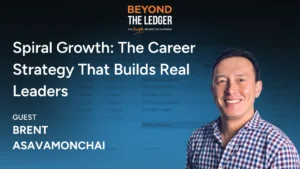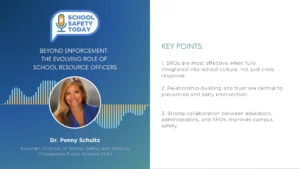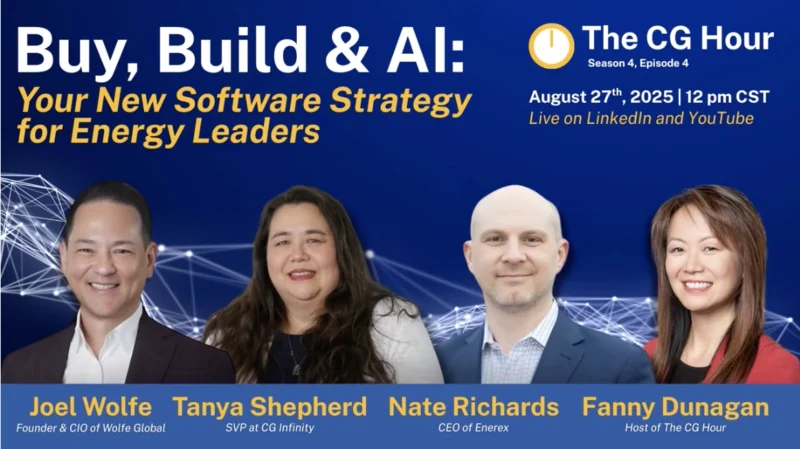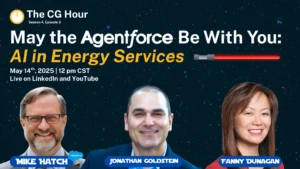AI Copyright Clash: The Future of AI Tools Could Hinge on the Result of The New York Times Legal Battle with OpenAI
The future of AI Tools, content ownership, fair use, business practices, and copyright laws could all depend on a legal battle that is shaping up to be one of the most important of the twenty-first century.
In a landmark lawsuit, the New York Times has sued OpenAI and Microsoft, alleging copyright infringement by using its articles to train ChatGPT, raising critical questions about fair use in AI. OpenAI argues that using publicly available internet materials for AI training constitutes fair use, transforming the data into new, original content. However, the Times contends that ChatGPT’s potential to replicate its content and bypass paywalls threatens its business model and market.
Will the outcome of this case set a significant precedent for the AI industry, potentially reshaping how AI companies create future AI tools and access and use copyrighted material and intellectual property? Legal experts and commentators suggest that this lawsuit may prompt a reevaluation of copyright laws and the development of new legal frameworks to adapt to the evolving AI landscape.
Host Daniel Litwin led a dynamic discussion on MarketScale’s Experts Talk, featuring Igor Jablokov, the CEO of Pryon; Tatiana Rice, the Senior Counsel at the Future of Privacy Forum; Mark Beccue, the AI Research Director at Futurum Group; and Lauren Maffeo, the author of “Designing Data Governance from the Ground Up.” The panel discussed the complexities of the lawsuit and its implications for AI development and content creation.
Highlights from this panel discussion include the following:
- The evolving nature of data, especially unstructured data like tweets and videos, and its use in training large language models (LLMs)
- The legal nuances of copyright law, fair use, and the potential impact on societal norms and business practices
- How the result of this lawsuit could influence the future of AI tools, content ownership, and the balance between innovation and copyright protection
Igor Jablokov is a recognized innovator in AI with a rich history in pioneering voice recognition technologies who previously founded AI industry pioneer Yap; the firm’s inventions were then built upon to develop Alexa, Echo, and Fire TV. He is known for his role in advancing AI applications in practical settings, bringing a wealth of experience from his time in leading tech companies. His expertise lies in integrating AI into everyday technology, making it more accessible and user-friendly.
Tatiana Rice brings a unique blend of legal expertise and a deep understanding of privacy issues in the digital age. Her work navigates the complex intersection of technology, privacy, and law. She is adept at analyzing the implications of emerging technologies on privacy and data protection, making her a valuable voice in discussions about the legal challenges posed by AI.
Mark Beccue is a seasoned researcher in the AI field, focusing on the impact of AI on market trends and consumer behavior. His research provides insights into how AI is reshaping industries and consumer experiences. His analytical skills and deep understanding of AI technologies make him a key contributor to discussions about the future direction of AI in business.
Lauren Maffeo’s background in journalism and her expertise in data governance provides a unique perspective on AI’s ethical and societal implications. She advocates for responsible AI practices and data governance, emphasizing the need for standards and accountability in the tech industry. Her work often explores the balance between technological innovation and ethical considerations.
Article by James Kent








